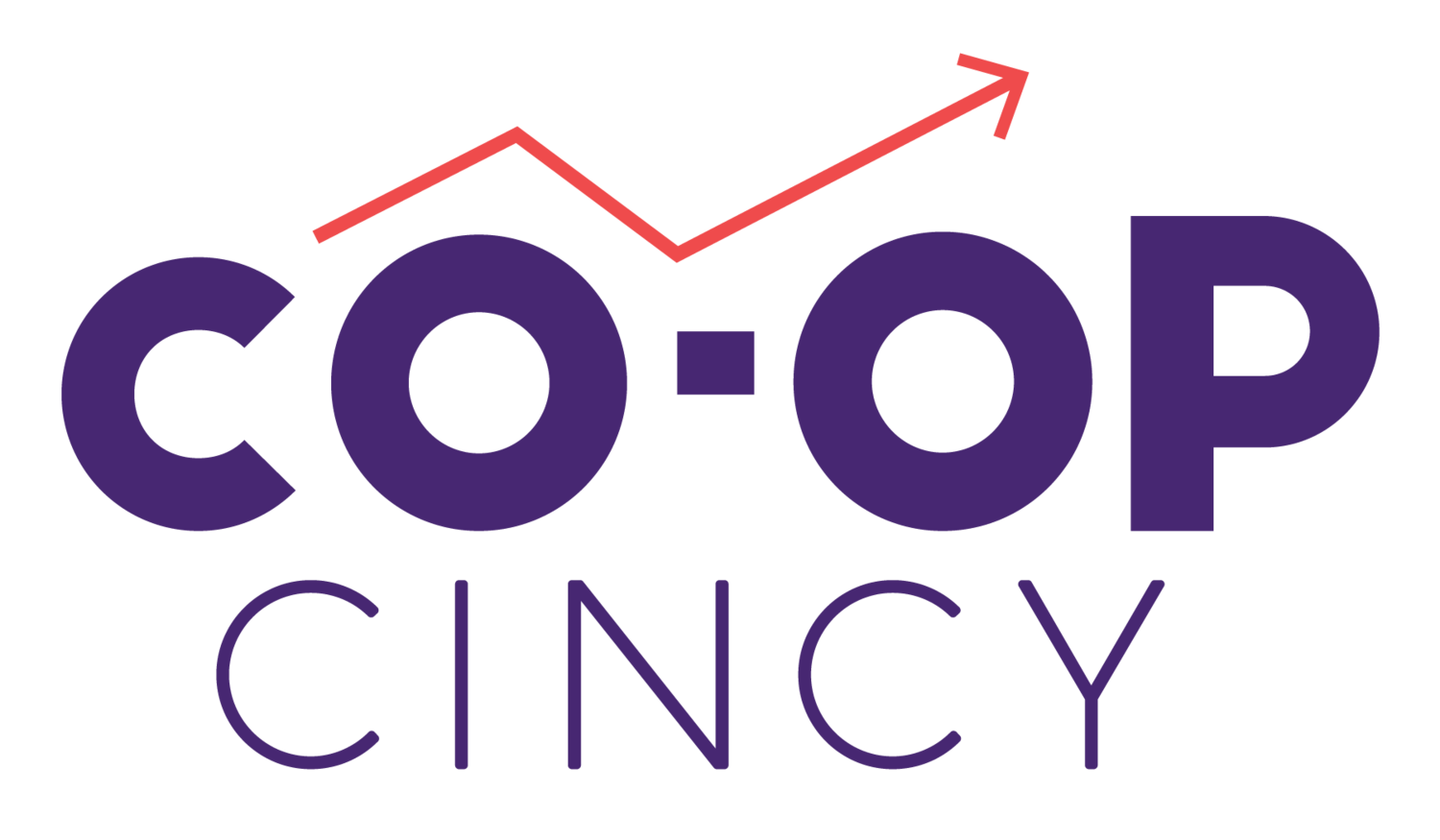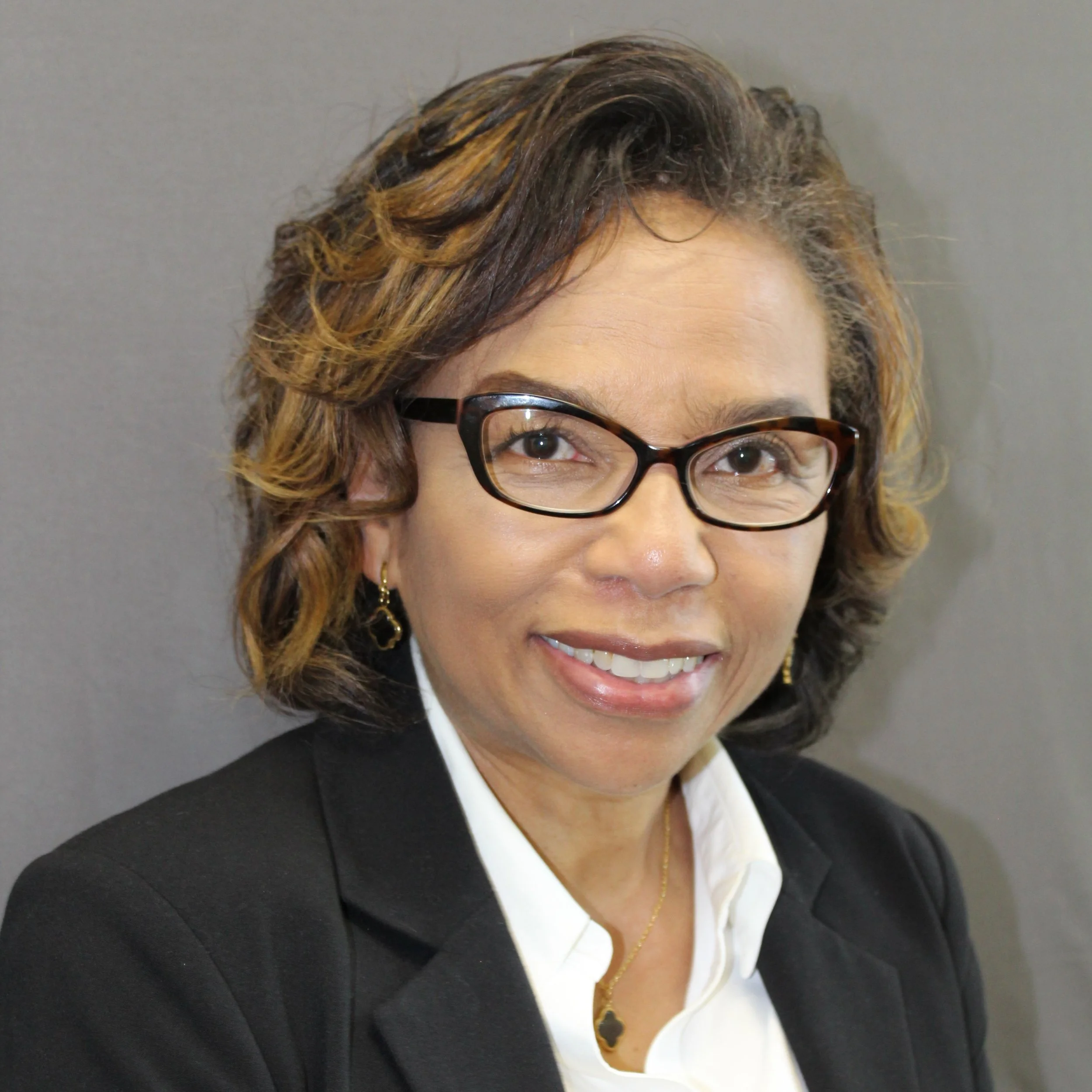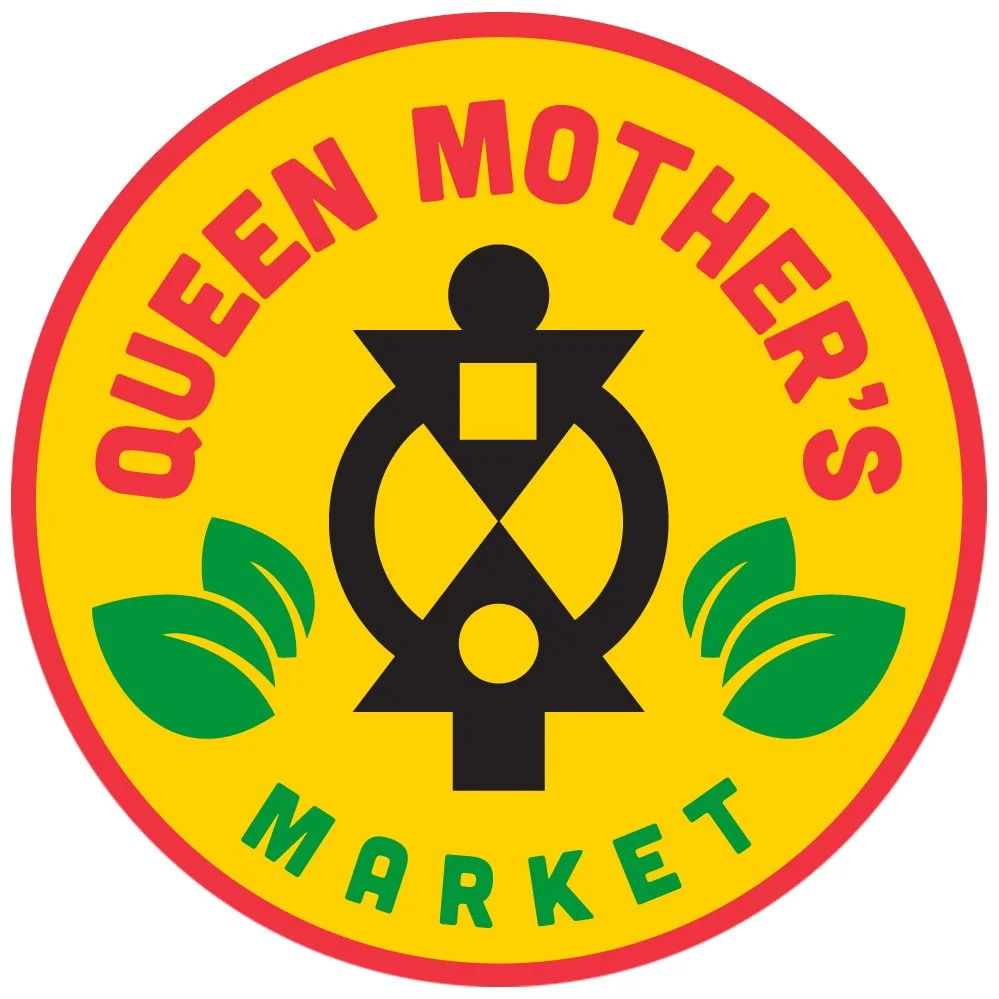A Note in Celebration of Black History Month
By Cynthia Pinchback-Hines
Racial Justice Educator and Co-op Developer
Today’s awesome Black entrepreneurs face their own challenges, which is why I believe the co-op business model is gaining popularity among Black business owners.
“The demographics of who creates co-ops has shifted," according to "Where Are New Co-ops Emerging? The Changing Map of Co-op Development".
"Increasingly, co-ops are being used by...Black communities as tools for community wealth building and economic development."
Before 2010, most co-ops were credit unions and only 1 percent were worker-owned cooperatives. Today, 47 percent of new cooperatives are worker-owned.
The founders of 3 Black, worker-owned co-ops in Co-op Cincy's network talked with me about how being a part of a cooperative community offers them creative options for addressing the problems typically faced by Black business owners.
Body by Bodji
Kavotus Britten of Body by Bodji is impressed by the amount and depth of educational support that she gets from Co-op Cincy.
She says that not only does she have a better understanding of her financials because of the training she received in Power in Numbers: Black Co-op U, she can see how putting people before profit benefits everyone.
Another plus for Kavotus is the coaching that Co-op Cincy offers after the business has launched.
“It feels good being able to be a part of a community that has my back.”
Hopes Fulfilled Farm 2 Table
Hope Johnson Gordon of Hopes Fulfilled knows firsthand what it takes to run a traditional business because she and her husband Alphanso have owned several.
Hope says, “Everybody is an owner, and everybody gets paid,” is a socially responsible approach to business.
Her insight brings a unique perspective to the community of co-ops. In addition to owning businesses, Hope teaches entrepreneurship to high school students who are learning principles of the cooperative business model—a model that students can use to build community.
Queen Mother's Market
Mona Jenkins of Queen Mother’s Market says that financial obstacles would have prevented her from opening a grocery store. The structure of a cooperative community has given her access to funding and to people from different industries within the co-op community.
She has found that human capital (labor, mentorship, technical support, etc.) is as essential to her business as are finances.
“When approaching funders and seeking partnerships, it’s good to have someone else in the room.”
The cooperative community offers Black businesses access to funding, education, and ongoing support—an attractive alternative to the traditional business model.






